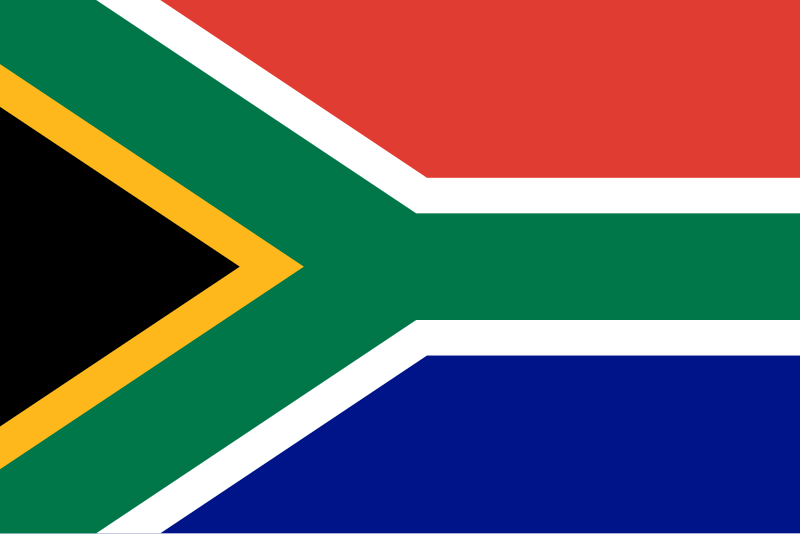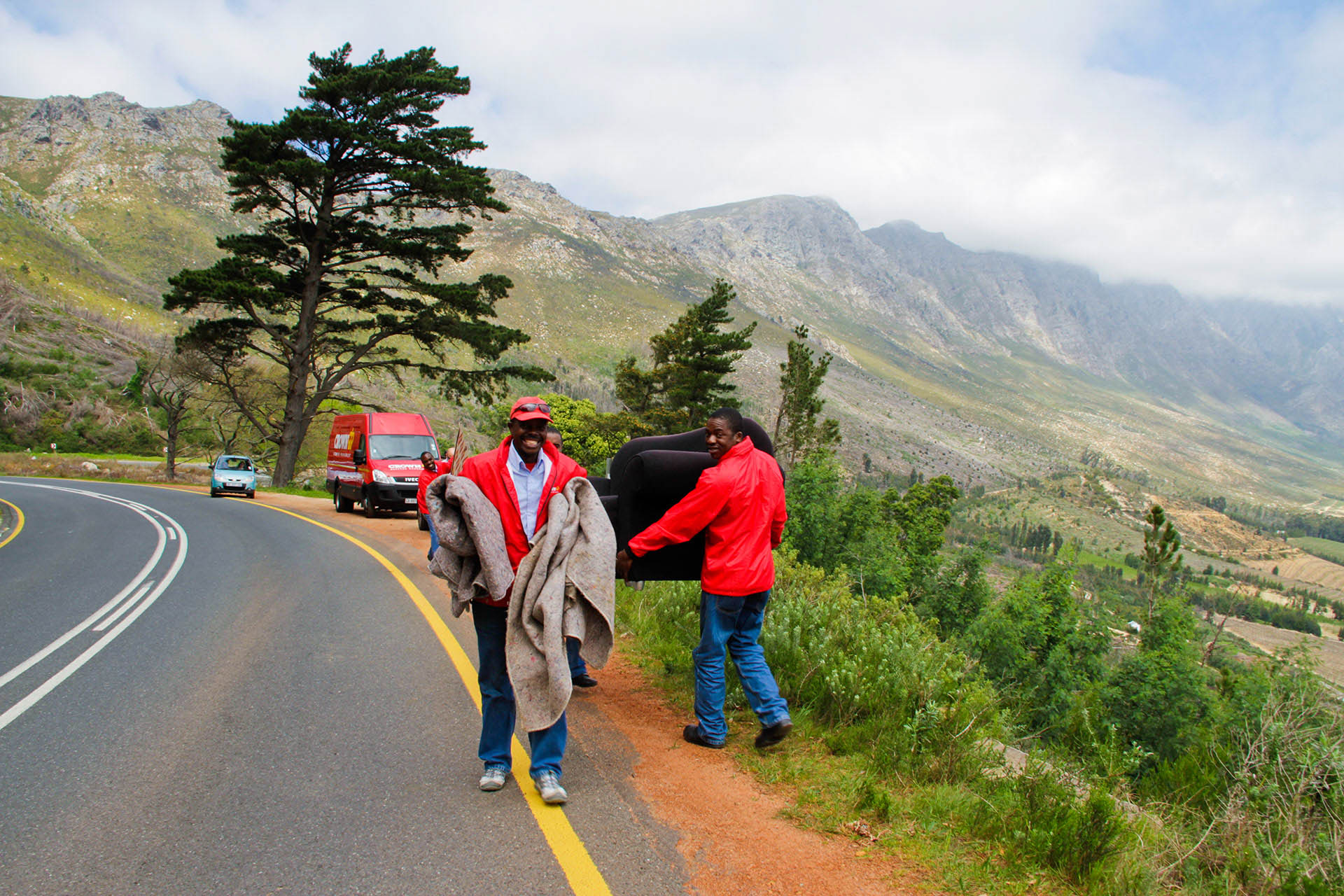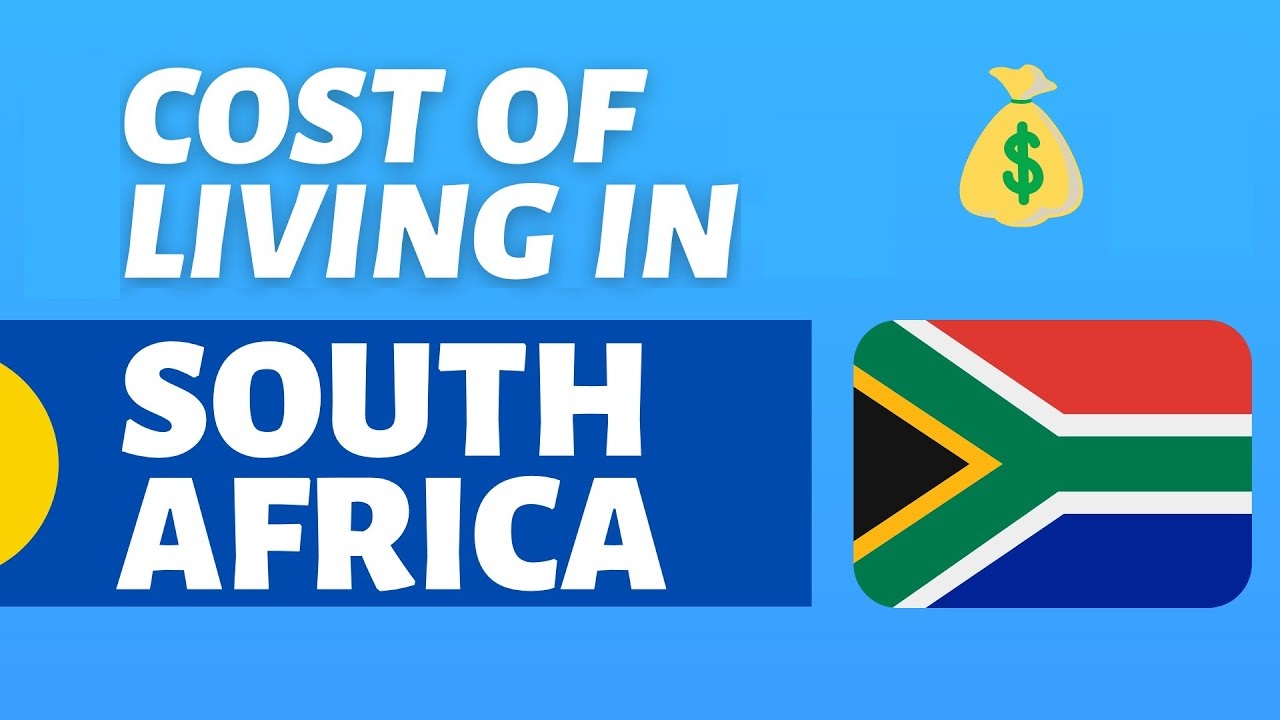What makes South Africa special?

Moving to Cape Town
Nestled between mountains and ocean, Cape Town offers an iconic mix of natural beauty and vibrant city life. Known for Table Mountain, world-renowned beaches, and a lively arts and food scene, Cape Town blends urban sophistication with endless outdoor activities. From wine country tours to international music festivals, it’s easy to see why Cape Town is often ranked as one of the world’s most beautiful cities.
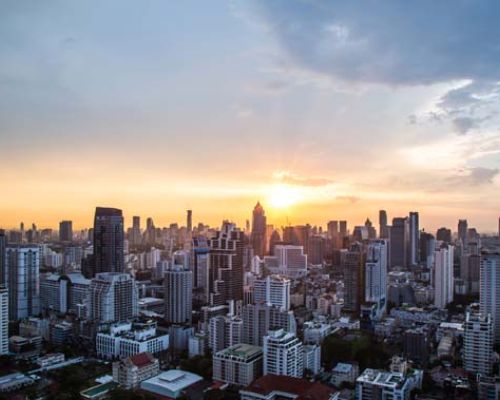
Moving to Johannesburg
South Africa’s largest city, Johannesburg is the country’s economic powerhouse, boasting a booming business sector, thriving creative industry, and a rich cultural landscape. Known locally as “Joburg” or “Jozi,” it’s home to an energetic mix of urban lifestyle, historical attractions like the Apartheid Museum, and up-and-coming neighbourhoods with trendy cafes, restaurants, and art galleries. The city’s entrepreneurial spirit and growing skyline reflect its status as a hub for opportunity.
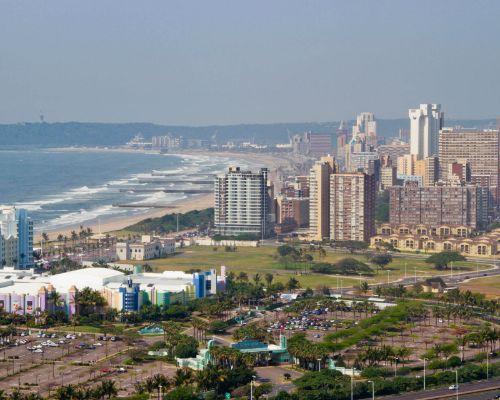
Moving to Durban
With a subtropical climate and a stunning coastline, Durban is a beach lover’s paradise. Known for its year-round warm weather, golden beaches, and strong Indian cultural influence, Durban offers a relaxed yet bustling lifestyle. Enjoy the famous “Golden Mile” beachfront promenade, incredible local food (especially curries), and vibrant local markets. Durban’s laid-back vibe makes it a perfect destination for those looking to balance work and leisure.
Visa Requirements and Immigration Processes for Moving to South Africa
Cost of Living in South Africa

Housing Cost
Property prices in cities like Johannesburg and Cape Town have surged due to high demand from both domestic and international markets. A one-bedroom apartment in central Johannesburg rents for approximately 5,500–12,000 ZAR monthly, while similar properties in Cape Town’s suburbs range from 5,000–8,500 ZAR.

Groceries and Dining
Locally produced food items such as fruits, vegetables, and meat are relatively affordable. A loaf of bread costs around 12 ZAR, and a liter of milk averages 15 ZAR. Imported goods, however, are pricier due to transportation costs and tariffs. Dining out remains economical compared to European standards, with a three-course meal for two costing 250–400 ZAR at a mid-range restaurant.

Transportation
Public transportation is limited outside major cities, necessitating private vehicle ownership for most expats. Fuel prices hover around 20 ZAR per liter. Ride-hailing services like Uber offer affordable urban mobility, with fares starting at 5–10 ZAR per kilometer.

Utilities
Utilities for a standard household, including electricity, water, and garbage services, typically cost 700–1,500 ZAR per month, with internet services adding 300–600 ZAR.
Accommodation / Housing Options for Expatriates
| Neighbourhood | The Attractions |
|---|---|
| Cape Town (Southern Suburbs, Sea Point, Constantia, Bishopscourt) | Offers stunning natural beauty with Table Mountain and beaches, excellent schools, vibrant cultural and social scenes, plus luxury living in areas like Constantia and Bishopscourt with vineyards and green spaces. Sea Point is popular for beachfront living and an active lifestyle. |
| Sandton (Johannesburg) | Known as Africa’s richest square mile, Sandton offers world-class shopping, dining, business facilities, and a secure, upscale lifestyle favored by expats and professionals. |
| Parkhurst, Parktown North, Parkwood, Parkview (Johannesburg) | Family-friendly neighborhoods with excellent international schools, leafy streets, and a quieter atmosphere within reach of Johannesburg’s business hubs. |
| Durban (Umhlanga, Ballito, Amanzimtoti) | Coastal cities with warm subtropical climate, beautiful beaches, and a lower cost of living. Umhlanga and Ballito are favored for luxury living and easy access to the city. |
| Garden Route (George, Wilderness) | Scenic coastal towns with golf estates, forests, and a relaxed lifestyle. Ideal for families and retirees seeking tranquility and nature. |
| Pretoria | Offers a mix of government and business opportunities, good schools, and quieter suburban living, popular with families and professionals. |
| Randburg (Johannesburg area) | Leafy suburbs with good amenities, schools, and a strong expat community, offering a balance between urban convenience and residential calm. |
Education and Schooling for Expatriate Children
Healthcare Systems: Public and Private Sectors
South Africa’s healthcare system is characterized by a two-tier structure comprising a public sector and a private sector, each with distinct features, advantages, and challenges. Understanding this system is crucial for expatriates planning to move to South Africa, as it impacts access, quality, and cost of medical care.
Tax Implications for Expats Moving to South Africa
Cultural differences to be aware of when moving to Canada as an expat
Conclusion
Relocating to South Africa demands thorough preparation across financial, legal, and logistical domains. Prospective expatriates should secure visas early, budget for higher-than-expected urban living costs, and prioritize private healthcare and education.
Whether you’re returning home or embarking on a new adventure, South Africa offers a world of opportunities. From its stunning landscapes to its rich cultural heritage, South Africa is an inspiring place to live. Every year, people from all corners of the globe choose to relocate to South Africa, seeking its vibrant cities, friendly communities, and diverse lifestyle.
At Crown Relocations, we’re here to make your move smooth and stress-free. With nearly 60 years of global relocation expertise, we manage every detail, from shipping and customs to helping you settle into your new life in South Africa.

No One Knows Better Than Us.
Get moving with our free moving quote form and let us take care of the rest!
